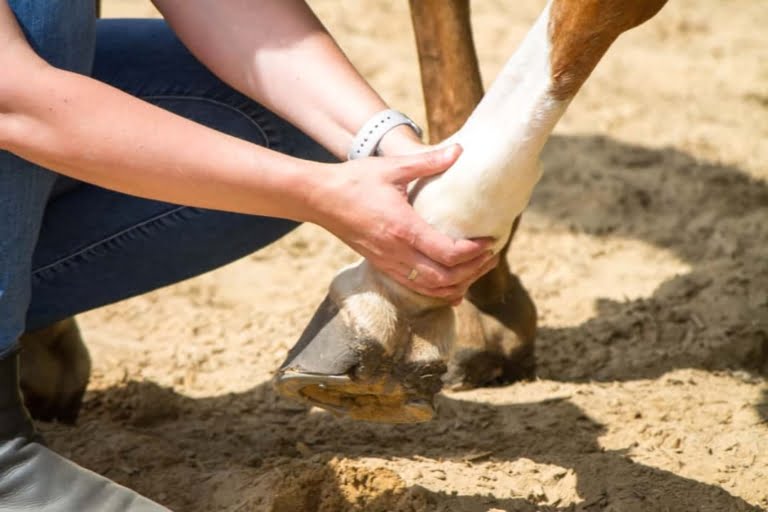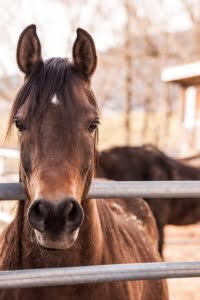
The Essential Horse Care Checklist: What Every Owner Should Know
Horses are majestic and intelligent animals that require proper care and management to thrive. Whether you own a horse for pleasure, sport, or work, you must provide adequate feeding, grooming, exercise, and health care. Here are some essential tips on how to take good care of your horse.
Feeding: Horses need a balanced diet of hay, grain, fresh water, and salt. Hay is the primary source of fibre and energy for horses, and it should make up at least 50% of their daily intake. Grain provides additional calories and nutrients for horses with high energy demands or special needs. Fresh water is essential for hydration and digestion, and horses should always have access to clean water. Salt helps regulate the electrolyte balance and prevent dehydration in horses, and it can be offered as a block or loose salt.
Grooming: Grooming is a way to keep your horse clean and shiny and bond with your horse, and check for any injuries or health issues. It would be best to groom your horse regularly using a curry comb, a stiff brush, a soft brush, a mane comb, a hoof pick, and a cloth. Start using the curry comb to loosen dirt and hair from the coat, then use the stiff brush to remove the dirt and loose hair from the body. Next, use a soft brush to smooth the coat and remove any remaining dust. Then, comb the mane and tail to detangle them and remove debris. Finally, use the hoof pick to clean the hooves and check for cracks or injuries. You can also use a cloth to wipe your horse’s eyes, ears, nose, and mouth.
Exercise: Horses need regular exercise to maintain their physical and mental health. Depending on your horse’s breed, age, and condition, you may need to exercise it daily or several times a week. Exercise can include riding, lunging, driving, or free running in a paddock or pasture. Exercise helps improve the cardiovascular system, strengthen the muscles and bones, prevent obesity and boredom, and enhance the performance and behaviour of your horse.
Health care: Horses need routine health care to prevent diseases and parasites and treat any injuries or illnesses that may occur. You should consult with your veterinarian to establish a health care plan for your horse, including vaccinations, deworming, dental care, hoof care, and emergency care. Vaccinations protect your horse from infectious diseases such as tetanus, rabies, influenza, and strangles. Deworming helps eliminate internal parasites such as roundworms, tapeworms, and bots that can cause colic, weight loss, and diarrhea. Dental care involves checking and filing your horse’s teeth to prevent sharp edges that can cause pain and difficulty chewing. Hoof care consists of trimming and shoeing your horse’s hooves to prevent cracks, abscesses, lameness, and infections. Emergency care involves recognising and handling common emergencies such as colic, wounds, laminitis, choking, or poisoning.
Horse care is a rewarding but challenging responsibility that requires knowledge, skill, time, and money.
By providing your horse with proper feeding, grooming, exercise and health care, you can ensure its well-being and enjoy its companionship for many years.


